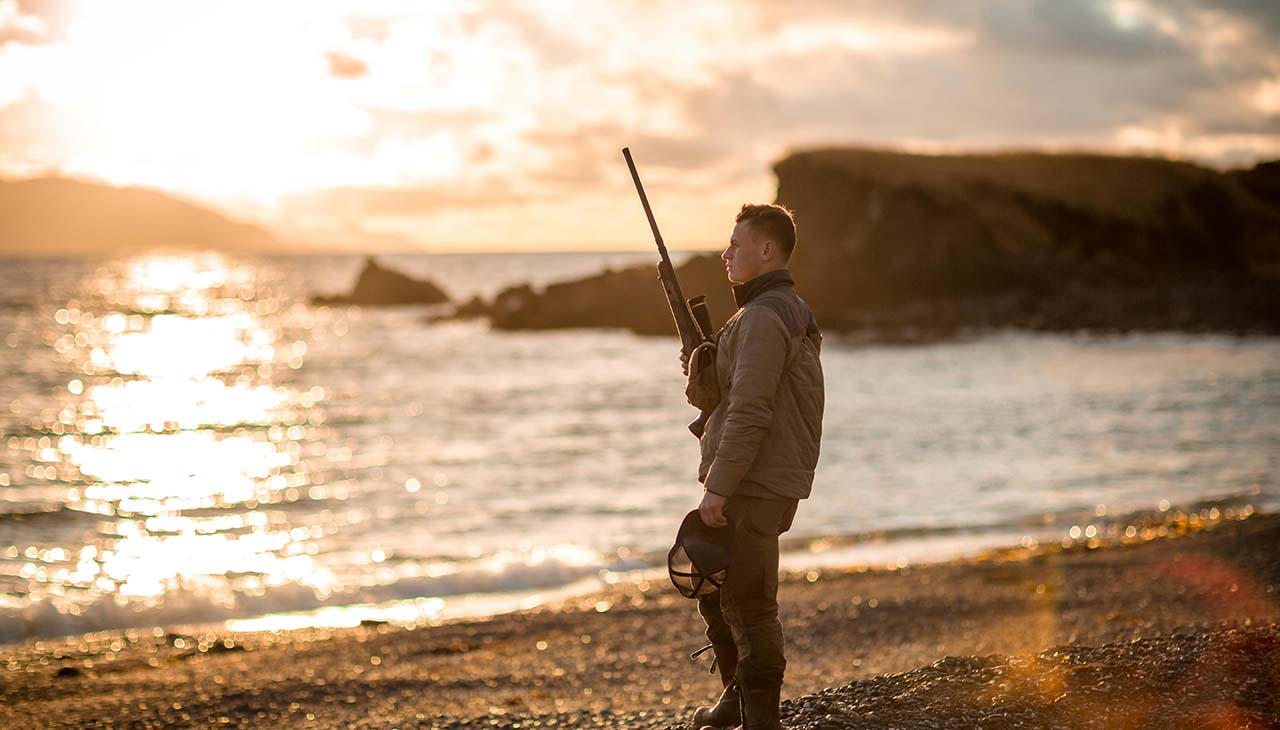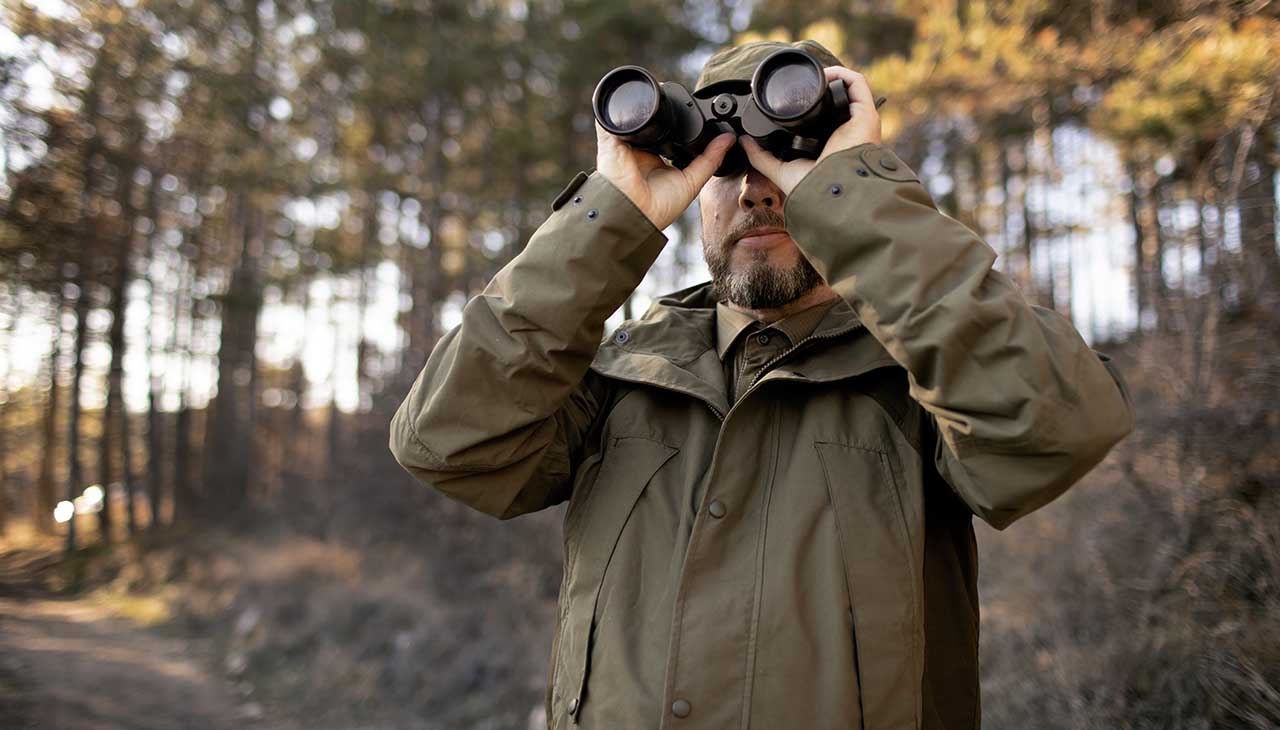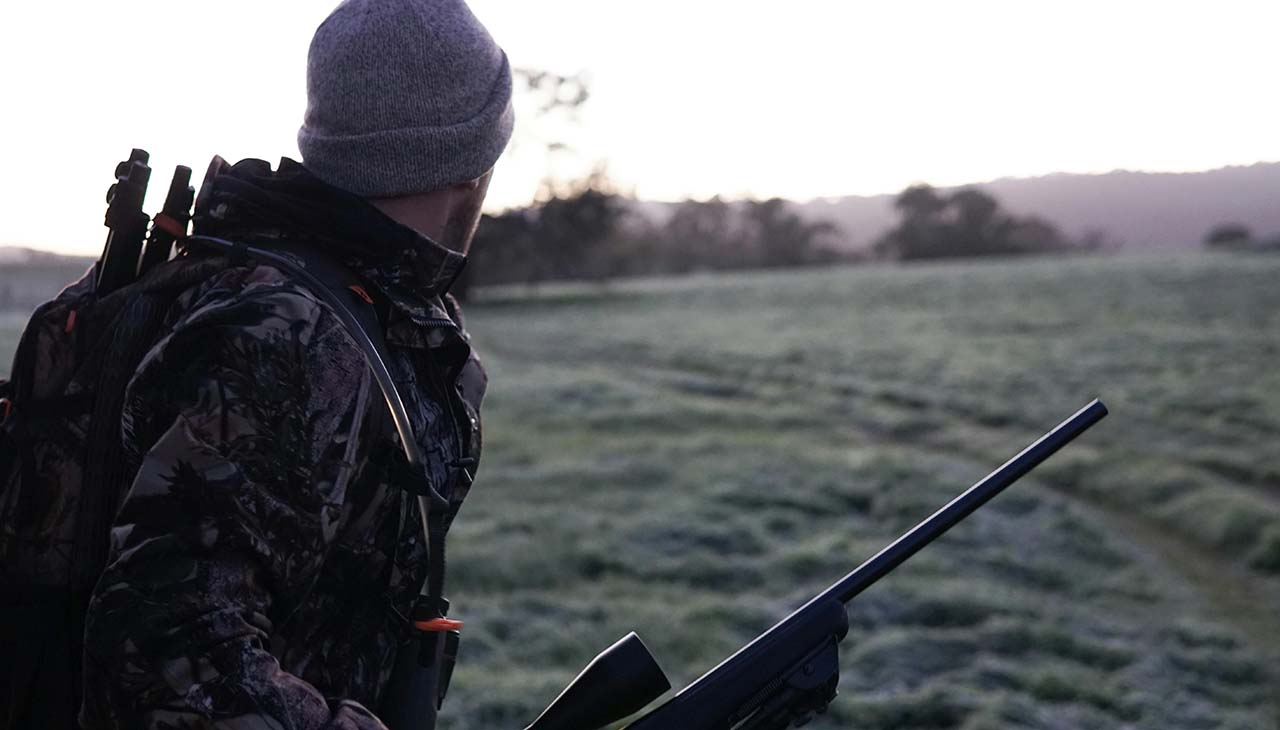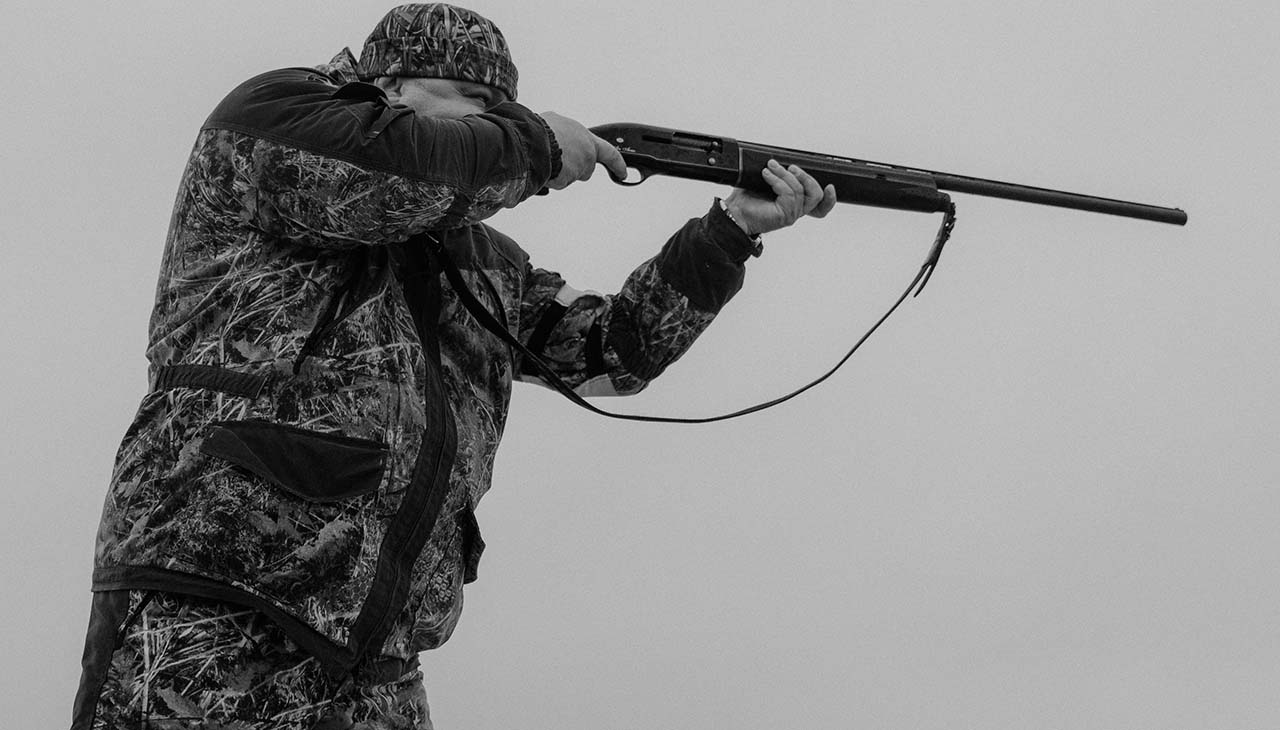Introduction to Ethical Hunting Practices and Wildlife Conservation
As stewards of the natural world, ethical hunters play a crucial role in maintaining the balance of ecosystems. Beyond the thrill of the hunt, ethical hunting involves a deep respect for wildlife and adherence to principles that ensure sustainability and conservation. This guide aims to provide comprehensive insights on preparing for the hunting season, embracing ethical practices, and contributing to wildlife conservation.
Seasonal Hunting Calendar: A Guide to Hunting Seasons Across Different Regions
Understanding the hunting seasons in your region is paramount to planning successful and ethical hunts. Different game species have specific seasons, which are regulated to prevent overhunting and to allow populations to thrive. Here’s a brief overview:
- North America:
- Deer: Late September to early January (varies by state)
- Elk: Mid-September to late November
- Duck: Early September to late January
- Europe:
- Red Deer: August to April
- Wild Boar: Year-round (with specific peak seasons)
- Pheasant: October to February
- Australia:
- Feral Goat: Year-round
- Red Deer: March to May
- Duck: March to June
Always check local regulations and obtain the necessary permits before heading out.
Essential Gear Checklist: Must-Haves for Ethical Hunters
Proper preparation is key to a successful and ethical hunting experience. Here’s a checklist of essential gear every ethical hunter should consider:
- Hunting License and Tags: Ensure you have all required permits for the species you plan to hunt.
- Firearms and Ammunition/Bow and Arrows: Select weapons appropriate for your target game, and ensure they are well-maintained.
- Optics: Binoculars and scopes for spotting and targeting game from a distance.
- Clothing: Weather-appropriate attire, camouflage gear, and sturdy boots.
- Safety Gear: Blaze orange vest, hat, and eye/ear protection.
- Survival Kit: First aid supplies, fire starter, water purification tablets, and a multi-tool.
- Navigation Tools: GPS, maps, and a compass.
- Game Processing Kit: Knives, gloves, field dressing bags, and a cooler for transporting meat.
Safety Measures: Tips for a Safe and Responsible Hunting Experience
Safety should always be a top priority for hunters. Follow these tips to ensure a safe hunting season:
- Hunter Education: Complete a hunter safety course to understand best practices and safety protocols.
- Firearm/Bow Safety: Always handle weapons with care. Keep the muzzle pointed in a safe direction, and never shoot until you’re sure of your target and what’s beyond it.
- Communication: Inform someone of your hunting location and expected return time. Use a two-way radio or satellite phone in remote areas.
- First Aid: Be prepared to handle injuries with a well-stocked first aid kit and knowledge of basic first aid procedures.
Wildlife Conservation and Your Role: How Ethical Hunters Contribute to Preserving Wildlife
Ethical hunters are at the forefront of wildlife conservation efforts. By following sustainable practices, hunters help manage wildlife populations and maintain ecological balance. Here’s how you can contribute:
- Follow Regulations: Adhere to bag limits, hunting seasons, and species-specific rules.
- Participate in Conservation Programs: Support and volunteer with organizations dedicated to wildlife preservation.
- Practice Selective Harvesting: Target mature animals and avoid harvesting females with young offspring.
- Report Poaching: If you witness illegal hunting activities, report them to authorities immediately.
Preparing Your Body and Mind: Physical and Mental Preparation Tips for the Hunting Season
Hunting can be physically demanding and mentally challenging. To ensure you’re ready for the season, follow these preparation tips:
- Physical Fitness: Engage in regular exercise focusing on strength, endurance, and flexibility to handle the rigors of hunting.
- Mental Readiness: Practice mindfulness and stress-reducing techniques to stay focused and calm under pressure.
- Skill Development: Regularly practice shooting or archery to maintain accuracy and confidence.
Sharing the Harvest: The Ethical and Sustainable Approach to Utilizing Game Meat
One of the rewards of hunting is the ability to provide fresh, organic meat for your family and community. Ethical hunters follow sustainable practices when processing and sharing their harvest:
- Field Dressing: Perform proper field dressing techniques to preserve meat quality.
- Utilize the Whole Animal: Maximize the use of the game by utilizing not just the prime cuts but also the organs, bones, and hide.
- Share with Others: Donate excess meat to food banks or share with friends and family.
Conclusion and Call to Action
As an ethical hunter, your responsibility extends beyond the hunt. By adhering to ethical practices, contributing to conservation efforts, and preparing thoroughly, you ensure a sustainable future for wildlife and the hunting community.
We invite you to share your insights, experiences, and tips on ethical hunting in the comments below. Together, we can promote responsible hunting practices and support the preservation of our natural heritage.
Happy hunting, and stay safe!



